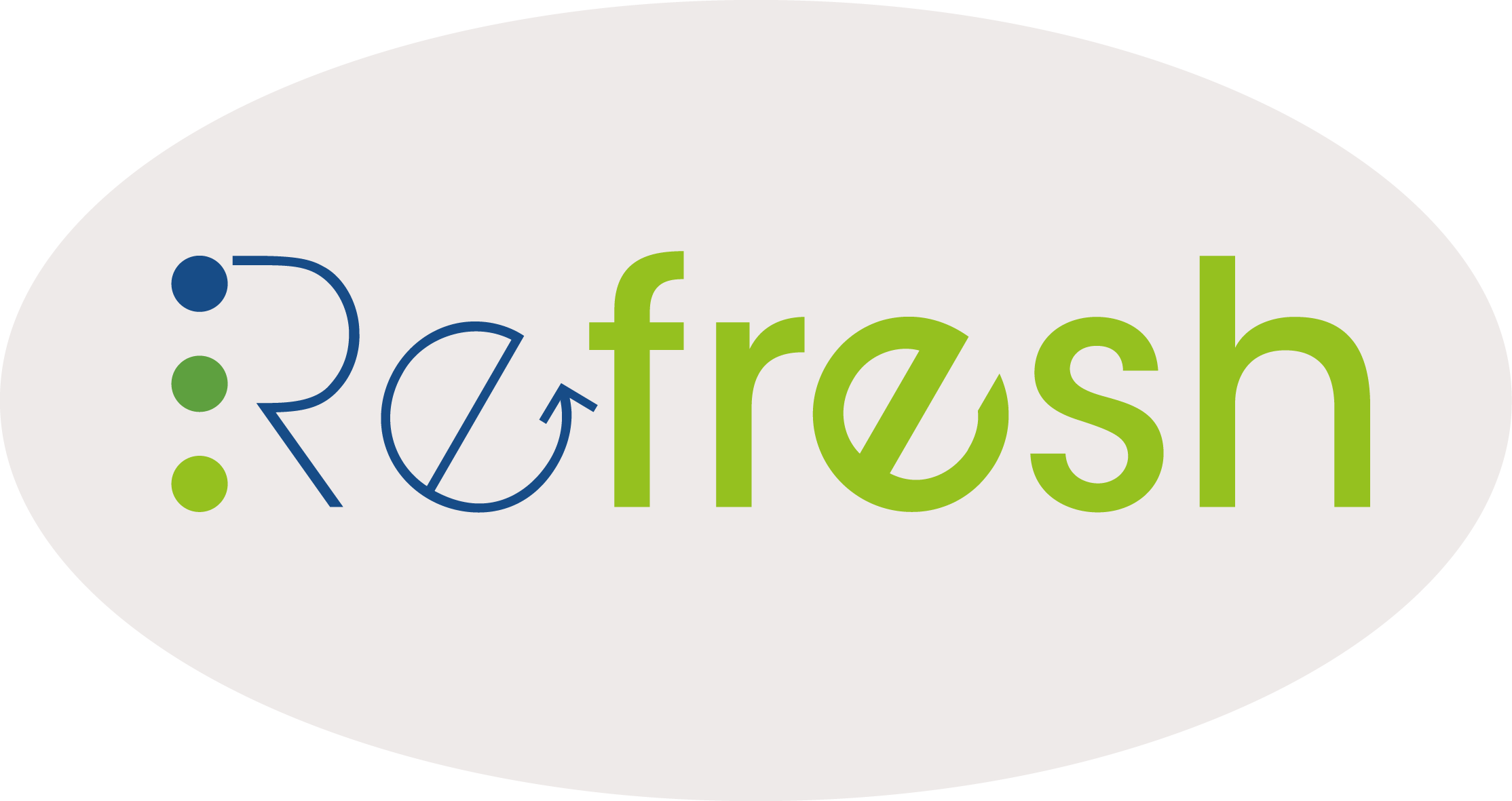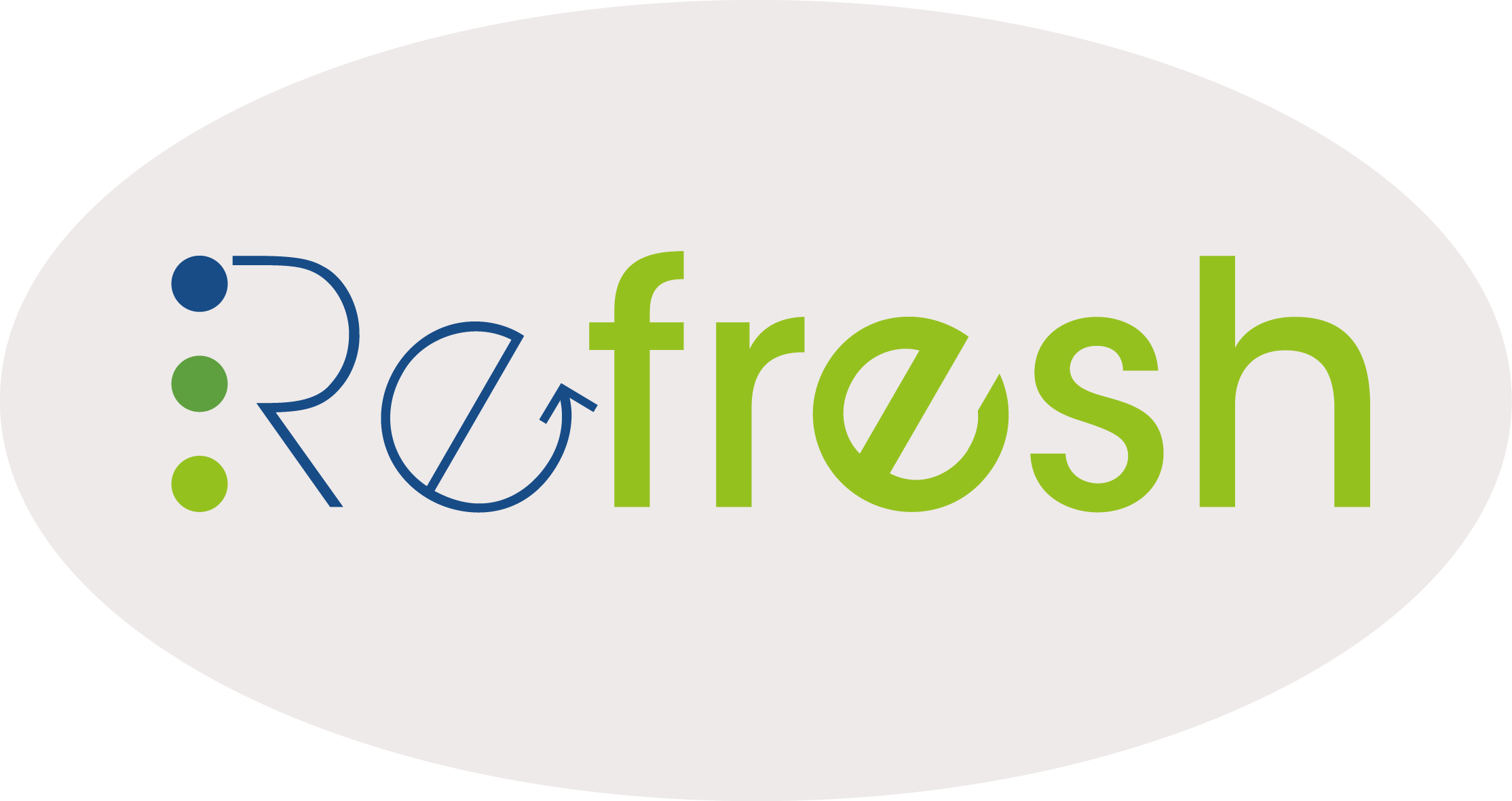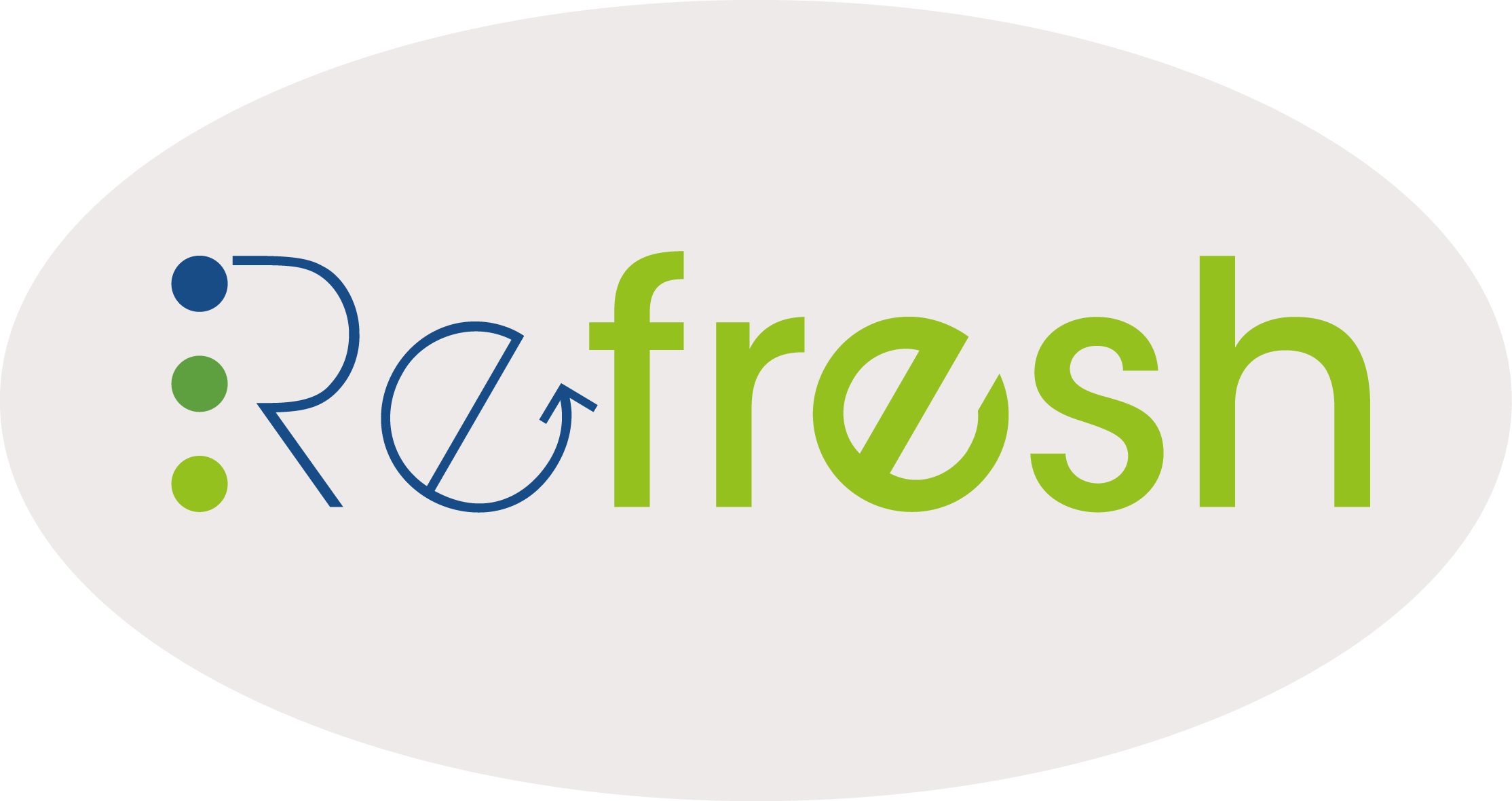This report provides the methodological background needed to identify and measure the most important socio-economic conditions and potential policy interventions driving businesses’ and consumers’ choices in the generation of food waste, using a behavioural economics approach.
Model Development and Data Protocol
Uploaded by: Jennifer Wilson
Uploaded on: 4th July 2017
Author(s): Matthew Grainger , University of Newcastle; Gavin Stewart , University of Newcastle; Simone Piras , University of Bologna; Simone Righi , University of Bologna; Marco Setti , University of Bologna; Matteo Vittuari , University of Bologna
- Share
Overview
The generation of food waste stems from a complex set of interacting behaviours of both food consumers and suppliers. Therefore, a complete approach to the problem requires an analysis of both sources of waste. Both Agent Based Models and Bayesian Networks provide a modelling approach that fits this purpose, since they allow the study of complex systems.
WP4 of the REFRESH project implements a behavioural economics approach in order to identify and measure the most important socio-economic conditions and potential policy interventions driving businesses’ and consumers’ choices in the generation of food waste. More specifically WP4 aims to provide new information on consumer and business behaviour by measuring the effects of major tangible factors of food waste, by identifying hidden and emerging profiles of consumer’ and business’ behaviours affecting food waste, and by allowing the detection of intangible food waste drivers. Such an objective is achieved through the development and the testing of Agent-Based Models (ABMs) and Bayesian networks (BNs).
The report is structured as follows:
Chapter 3 defines what a model is and the modelling approaches that will be utilized within REFRESH WP4.
Chapters 4 and 5 illustrate the characteristics of ABMs and BNs.
Chapter 6 outlines an ABM aimed at assessing the adoption of innovations for preventing or reducing the food waste generated by companies of the retail sector.
Chapter 7 outlines a BN for characterizing consumers’ behaviour with respect to food waste.
Chapter 8 anticipates potential modes of interaction between ABMs and BNs.
Chapter 9 identifies a number of good practices to ensure effective data management and facilitate data exchange.
Start sharing your knowledge!
Upload your own resource and share your ideas with the rest of the community.
Sign In | Share





0 Comments